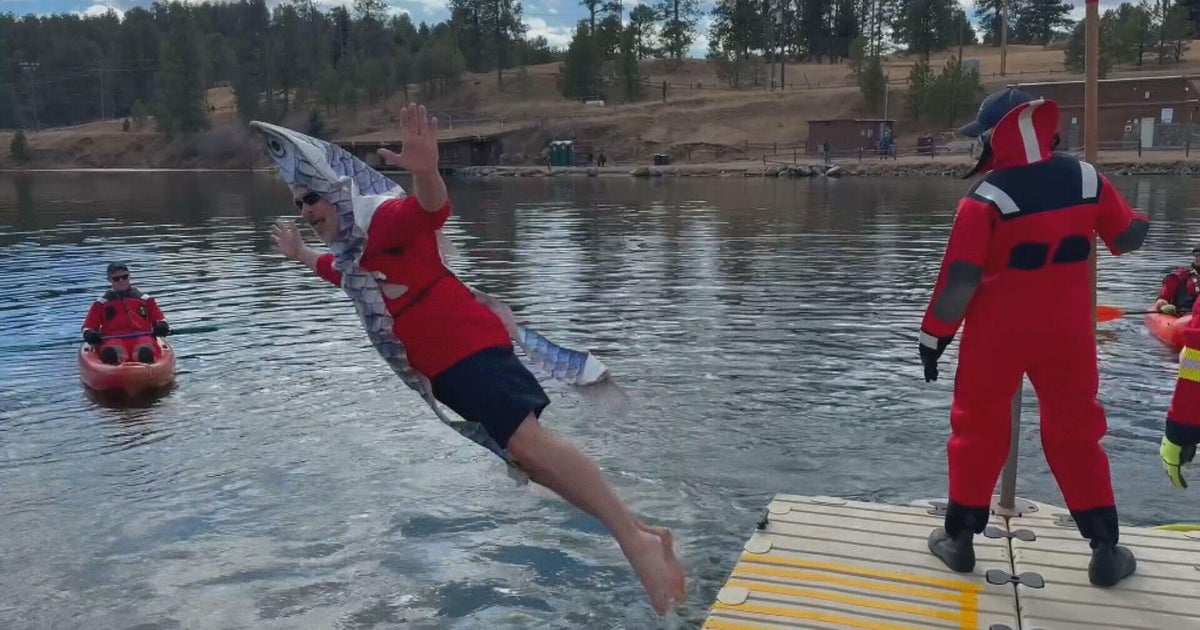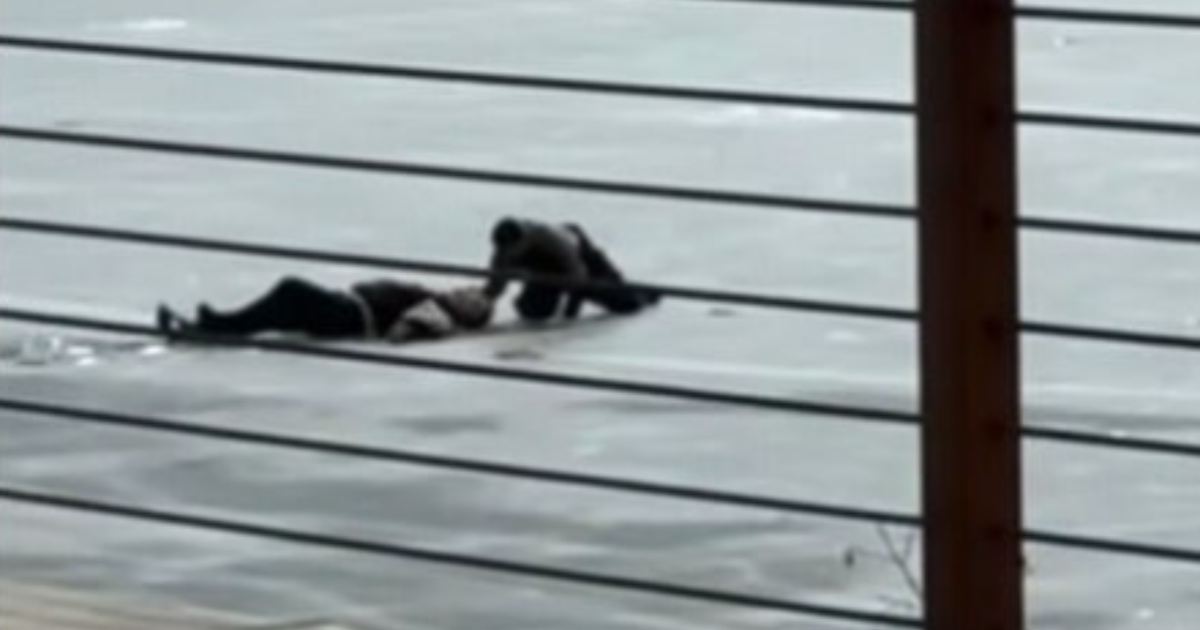Free Diver's Disappearance Prompts Look Into Popular S.Fla. Activity
Follow CBSMIAMI.COM: Facebook | Twitter
MIAMI (CBSMiami) -- Free diver Natalie Molchanova had a knack for pulling off the unbelievable underwater. You may struggle to hold your breath for a minute but she could hold it for nine minutes and 2 seconds.
In 2009, on a single breath Molchanova followed a wire down an astounding 331 feet, using just a fin. That's twice the height of the Statue of Liberty.
James Nestor is an author who has written on deep free-diving.
"(And) she has had numerous accidents before this fatal accident but she just kept pushing deeper and deeper," said Nestor.
On Sunday, her luck ran out. The dive off the Spanish party island of Ibiza was relatively shallow by her standards, around 100 feet.
She got separated from her fellow divers and simply vanished.
"My understanding was that the conditions were really rough. There were currents. There was a lot of boat traffic. There are a million things that could go wrong," said Nestor.
In general free diving is considered to be safe and is widely popular in South Florida. Divers learn to shut off their body's natural response to breath and slow their heart rates down. It allows them to stay underwater longer and swim deeper but things can and do go wrong.
According to the Divers Alert Network (DAN), from 2006 to 2011, there were 308 deaths reported with 46 percent of them occurring in the U.S. Of those, 86 % are male, typically between the age of 20 and 49.
DAN has been keeping track of free diving incidents since 2004.
Often the cause of death is drowning. Divers don't surface in time or they experience something called shallow water blackout.
Essentially, it's fainting at or near the surface. If not rescued immediately, you drown.
"Honestly it happens more often than we would like. This year alone we have probably lost three or four divers in South Florida," said South Florida Free Divers Club member Manny Dobal.
Dobal has been free diving since he was a kid. Despite a close call, he said free divers keep going back.
"There is just a sense of you are on your own. I guess there is just nothing more primative, I guess, as a sport than that. I think that's what attracts most people to it," said Dobal.







